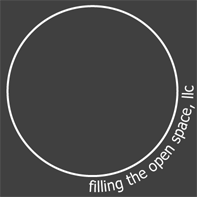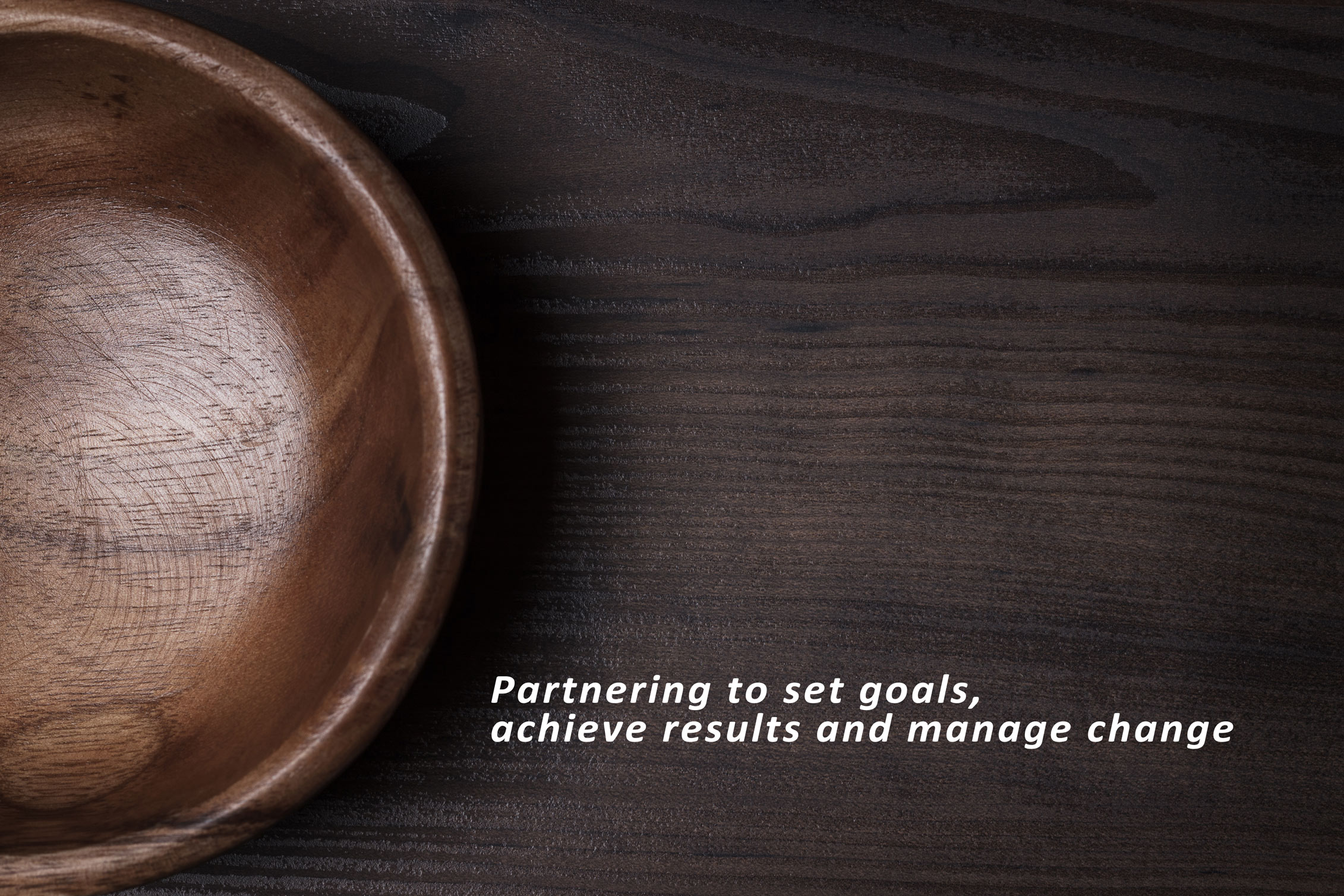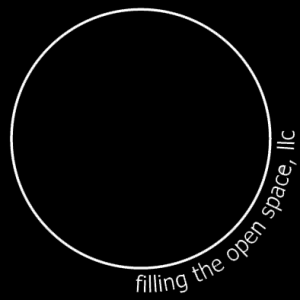Professional Coaching
Organizational environments are now constantly changing, and there is an increased demand for more collaborative and responsive agency structures. In this climate, many organizations find they can no longer achieve desired results using traditional management approaches or standard staff development solutions. While training addresses gaps in knowledge and skills and consultation tackles systems issues, professional coaching provides support, critical feedback and guidance to set goals, achieve results and manage change. As a result, coaching has surged in popularity over the past decade and is one of the most successful, proven professional development techniques to attain powerful results.
Benefits of Professional Coaching
Individuals and teams who partner with professional coaches experience enhanced strategic thinking and decision-making skills, increased interpersonal effectiveness and improved confidence. Professional coaches provide fresh perspectives on challenges and opportunities to help leaders action plan and prioritize critical next steps. Coaches ask thought-provoking questions to foster creative thinking and support crucial conversations at all agency levels. They can also serve as unbiased third-parties to brainstorm ideas, seek feedback and obtain varied perspectives.
When to Consider Professional Coaching
Simply put, our professional coaches support individuals and teams as they set and achieve goals and manage change. This mission incorporates a variety of scenarios where coaching is highly effective, including but not limited to addressing the following:


